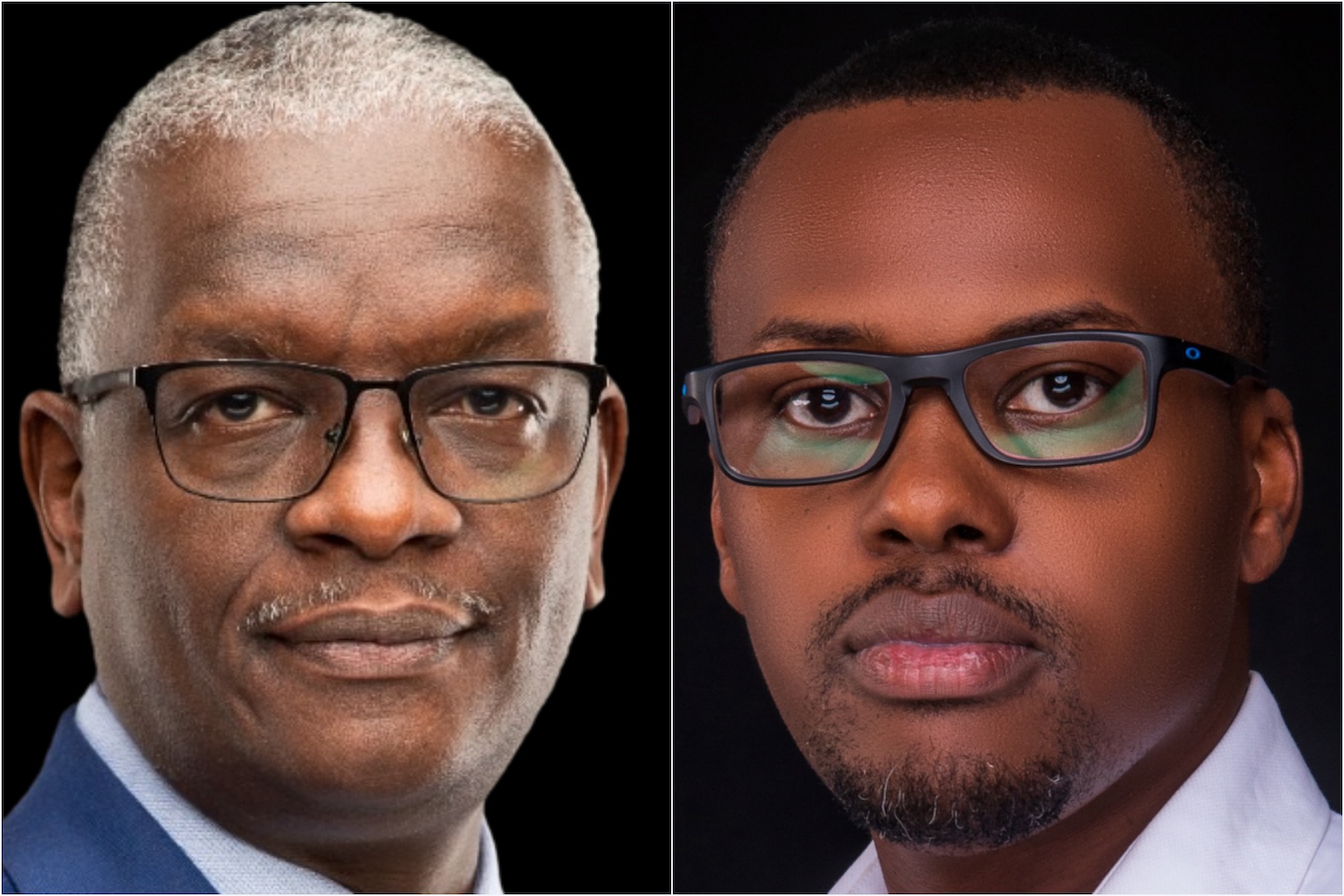East African Breweries Limited (EABL), the parent company of Uganda Breweries Limited (UBL), recently announced its financial results for the year ended June 2024. Please take a couple of minutes…
Q&A: A day with Uganda Breweries’ Managing Director, Andrew Kilonzo and Emmy Hashakimana, the Commercial Director Recently, Uganda Breweries Limited had a media open day, partly to appraise them of the investments and ongoing expansion and talk about performance, emerging market trends and opportunities. The engagement included an open dialogue conducted by Ben Mwiine with UBL's Managing Director, Andrew Kilonzo, and Emmy Hashakimana, the Commercial Director. CEO East Africa Magazine brings you an abridged version of the conversation.


